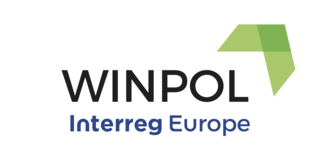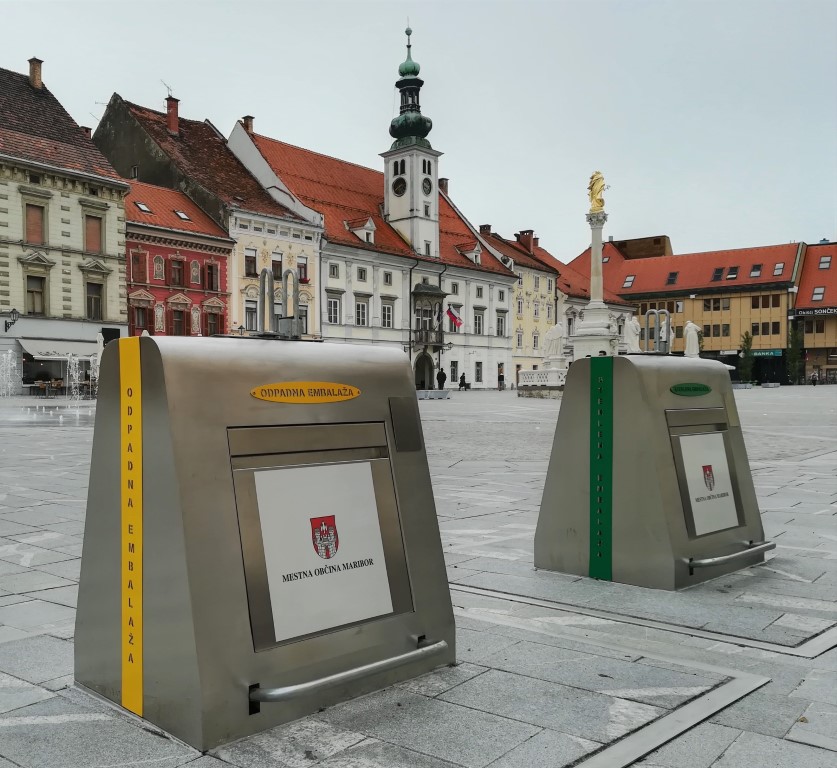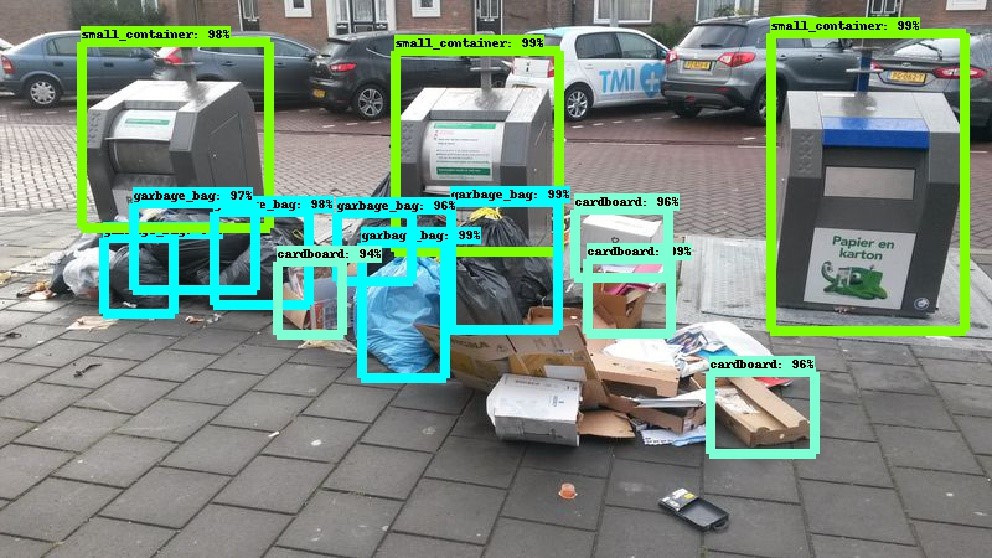How to cover municipal waste management costs? Is the traditional flat waste fee the most adequate model to push for more recycling? It makes less and less doubts that financial incentives have a great impact on separation at source of recyclable waste and the reduction of mixed waste. The EU actually recommends the use of economic instruments to reach the targets set by the revised Waste Framework Directive. Schemes that charge waste producers on the basis of the actual amount of waste generated.
On their path to improving their waste management strategies, the WINPOL partners tackled the complex question of cost-coverage. They investigated how innovation can help setting up schemes that charge waste producers on the basis of the actual amount of waste generated.
Pay-as-you-throw, which comes from the polluter pays principles, has been used for decades as an efficient instrument to motivate people to take responsibility for the waste they produce. Still, innovation is always at work and in practice this model can vary, benefiting from the always improving technologies. Lately, waste collection data and the use of emerging technologies to manage them led to the apparition of other models: Know-as-you-throw, rewarded-as-you-throw, mixed models…
Several practices around Europe are showing that a correct use of taxation, information, and technology can improve separate waste collection and prevent waste. This Third Thematic Seminar of the WINPOL project explored some of them, building not only on successful cases but also understanding what the barriers and challenges can be.
Presentations
The webinar was moderated by Francesco Lembo, ACR+, download his presentation to introduce the Thematic Seminar.
Part 1 – Challenges, barriers and opportunities
- PAYT for hotels: pilot case implemented by the Municipality of Hersonissos (GR) | Lena Kargakis, Region of Crete
- Setting waste collection prices at national level: the Slovenian example | Darko Bečaj, SNAGA
Part 2 – Good Practices
PAYT
- Transparent invoicing: the case of the province of Limburg (BE) | Wim Govaerts, Limburg.net
- PAYT and pre-paid bags: the case of Argentona (ES) | Teresa Guerrero, Catalan Waste Agency
KAYT
- KAYT and vending machines: the case of Seveso (IT) | Michele Giavini, ARS Ambiente
- Electronic closure and the use of information: the case of Gijón (ES) | Sergio de Lucas, EMULSA
Part 3 – Innovation, PAYT and KAYT
- LIFE RETHINK WASTE: Good Practices Catalogue | Paolo Marengo, ACR+
- Interreg Europe SMART WASTE | Massimiliano Di Mattia, Agenzia Regionale Recupero Risorse della Toscana
Recording
To watch the recording click on the image or here.
This Thematic Seminar was followed on 24 June by a partners' meeting, open only to the WINPOL project partners.




